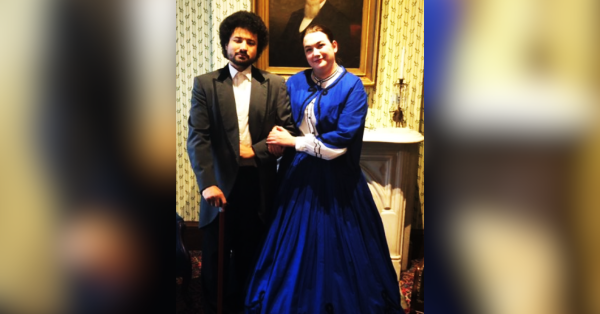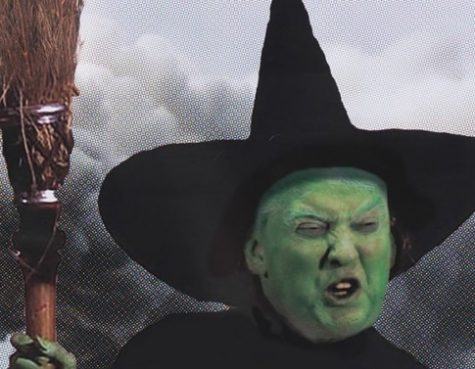An Atypical Perspective on Come Play
Two things must be said: first, this will not be a normal review, as it will be heavily rooted in my personal experiences as an adult with high-functioning autism. Second, every person’s experience with autism is unique, and my experiences and perspectives should not be taken as representative of every person with autism.
Come Play is a horror film centered around an 8-year-old, non-verbal, autistic boy named Oliver who is hunted by an evil creature named Larry who lurks behind the screens of his iPad and other devices. Assessing Oliver in terms of how the character represents autistic people is complicated by the fact that the film is, quite simply, terribly written.
The film’s monster, Larry, is intended to represent loneliness and the temptation of social isolation (a concept that had far less irony associated with it when this film began production pre-pandemic). Larry has three problems: First, I cannot take any monster named Larry seriously. Second, Larry is not scary and relies primarily on stereotypical haunted house tricks, such as flickering lights and wind. Third, the symbolism of Larry’s character doesn’t really carry through in most of his portrayal. He is a thin, long-limbed, monster who can initially only be seen through cameras and seeks to take lonely little boys like Oliver back to his world to be his “friends.”
There are a lot of places to go with this, and it is a good premise. Kids, unfortunately, can be little jerks when confronted with someone different from what they have come to see as “normal.” As a result, neurodiverse kids with conditions like autism can often find themselves ostracized and there can be a very strong temptation to retreat from reality into fantasy. I was reminded a lot of myself at Oliver’s age. Just as he threw himself into his tablet, I threw myself into books. The problem is that Larry never really embodies that temptation outside of a few moments, such as when he tells Oliver, “Your parents want you to be normal…I just want to be your friend.”
That is a powerful line that cuts right to the heart of the struggle faced by many neurodiverse children. They can feel pushed by all sides to be something other than who they are, expected to bend over backwards to accommodate everyone else. It is an exhausting and painful experience, and the idea of being simply accepted for who you are can be as appealing as food to a starving man. Books don’t judge, cartoons don’t demand you accommodate their conception of normality and games don’t insist you perform for them. These fantasy worlds offer a sanctuary that invoke an unhealthy, but very real, temptation to never leave. If the film had leaned into this theme and given more scenes like this to illustrate the temptation of isolation before showing the ugly loneliness underneath, I might have called it a masterpiece. Instead, we get a Slenderman knockoff shambling about, snarling and roaring like thousands of horror movie monsters before it.
All in all, 2 out of 5.
So much potential, all of it squandered.












